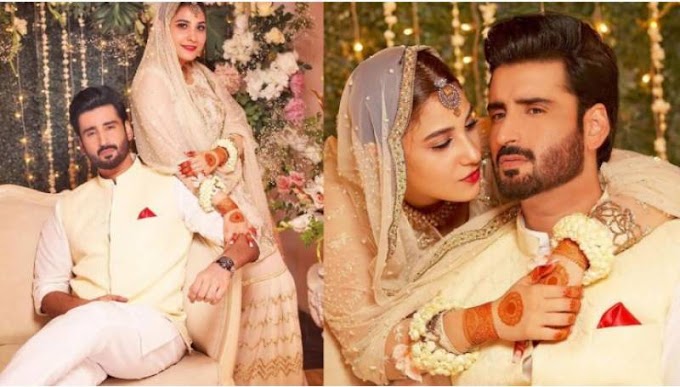New Zealand removes statue of controversial colonist
On Friday, the city of Hamilton, New Zealand, tore down a statue of the colonial military commander named after him, adding to the growing list of places around the world that have an account of their past. Are
Following a request from local Mریori and threats from racist protesters, a crane hoisted a bronze statue of Captain John Fan Charles Hamilton from a town outpost to bring it down.
A small group of cheerful spectators watched.
Hamilton City Council acknowledged that the removal of the statue was part of a push to remove the monuments, "representing the cultural instability and oppression caused by the protests against global cultural racism."
"I know a lot of people - in fact, a growing number of people - find the statue personally and culturally offensive," said Mayor Paula Southgate.
"We cannot and should not ignore what is happening all over the world. At a time when we are trying to build tolerance and understanding ... I don't think the statue can remove these flaws. Helps us do it. "
Hamilton was a naval commander who fought against the Indigenous Maori who defended their homeland against British colonial expansion in the 19th century.
He died in 1864, at the Battle of Pokehina, or Gate Pa, when - as an early example of a trench warfare - a Maori group based in a fortified fortress successfully defeated the British despite their numbers. The army and artillery stopped.
The statue was donated to the council in 2013, and the council said its removal came after a formal request from the regional Ivy, or tribe, Waikato-Tainui.
'He's a monster'
Anti-racism protesters vowed to tear him down at a rally this weekend, activist Titimo Mapi said, labeling Hamilton a killer.
"How can we accept that he is a hero when he leads battles," Maipi told the Waiko Times.
Waikato-Tainui praised the removal of the statue, saying he was discussing with Hamilton Council other problematic colonial names and symbols, including the possibility of restoring the city's original Maori name, Kirkerwero.
"It was a devastating time for our people and these injustices of the past should not be permanently reminded because we want our beautiful city to grow and prosper in the future," said Romomwana Schiffausen, Ivy's chairman.
The Hamilton Council said the fate of the statue of the British commander and, if anything, its replacement was still being debated.
Statues and place names honoring celebrities such as Sakura and colonial military figures are being scrutinized around the world in response to anti-racist protests over the police killing of African-American George Floyd.
Deputy Prime Minister Winston Peters said removing images of historical figures was part of "a wave of idiom" that would prevent future generations from learning from the mistakes of the past.
"Why do some people feel the need to imitate the reckless measures imported from abroad?" Peters, who leads the People's Republic of New Zealand First Party, is a coalition partner in the government of Prime Minister Jacinda Ardern.
"A self-confident country will never resort to removing the symbols of their history, whether it is good or bad or simply out of fashion."
Arden has not yet weighed in on the statue's debate, but last year ordered that the study of the conflict between the Maori and British colonies, known as the New Zealand Wars, be made compulsory in all schools.





0 Comments